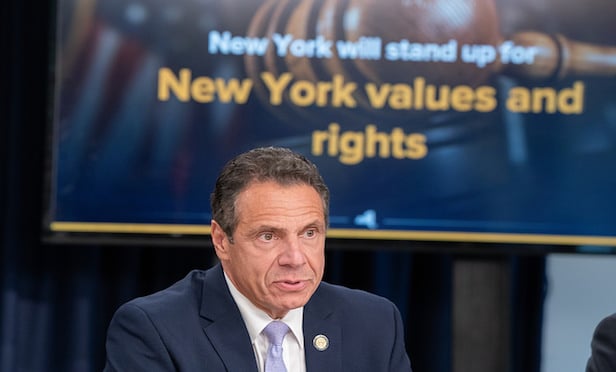WASHINGTON, DC—Online retailers had plenty about which to be thankful this past holiday weekend: while brick-and-mortar sales on Thanksgiving Day and the all-important Black Friday were disappointing, retail traffic online flourished.
This dichotomy, to say nothing of the traffic expected on Cyber Monday, highlight an issue that Congress expects it has to put behind it, at least for this legislative season: the Marketplace Fairness Act.
First, though, the stats: sales were down on Black Friday by 8% percent in brick-and-mortar stores compared to last year, according to Rakuten Marketing. Sales did increase by 19% YOY for Thanksgiving Day, it noted—but for the two-day shopping activity as a whole, they were still down by 3% YOY.
Meanwhile, online sales posted a 22% increase, topping forecasts of 16%, according to Channel Advisor.
Another survey by Monetate found that not only were online shoppers out in force but they spent more over the past four days compared to same period last year. The average order value of all online purchases increased 4.7% YoY to $150.77, it said.
These numbers, coming on the heels of the House of Representatives tabling the Marketplace Fairness Act this Congressional session, is no doubt infuriating to brick-and-mortar retailers.
Briefly, the Marketplace Fairness Act would require online retailers to file sales taxes on behalf of 9,600 jurisdictions nationwide. The legislation is, or rather was, on the wish list of many in the commercial real estate industry. "Providing states with a mechanism to collect taxes already owed on Internet purchases would level the playing field with brick and mortar retailers and help stabilize state budgets," The Real Estate Roundtable recently said about the legislation. "Matching this with solution with an extension of the access tax moratorium would be wise."
In November House Speaker John Boehner said the act would not move forward this year. Advocates of the measure are holding to a slim hope that it can be folded into other legislation during the lame duck session.
One not-so-subtle nudge comes from the Alliance for Main Street Fairness, which began running an ad on Sunday reminding Congress and its constituents that foreign retailers like the Chinese e-commerce giant Alibaba also benefit by not having such a measure in place.
The ad features a lonely Santa Claus ringing a bell on an empty main street of shops, The Hill reports.
The voiceover warns that "Thanks to the online sales tax loophole this Chinese company will decimate our local retailers. Unless Congress ends special tax treatment for Alibaba and other online giants, Main Street will never look the same."
© Touchpoint Markets, All Rights Reserved. Request academic re-use from www.copyright.com. All other uses, submit a request to [email protected]. For more inforrmation visit Asset & Logo Licensing.






